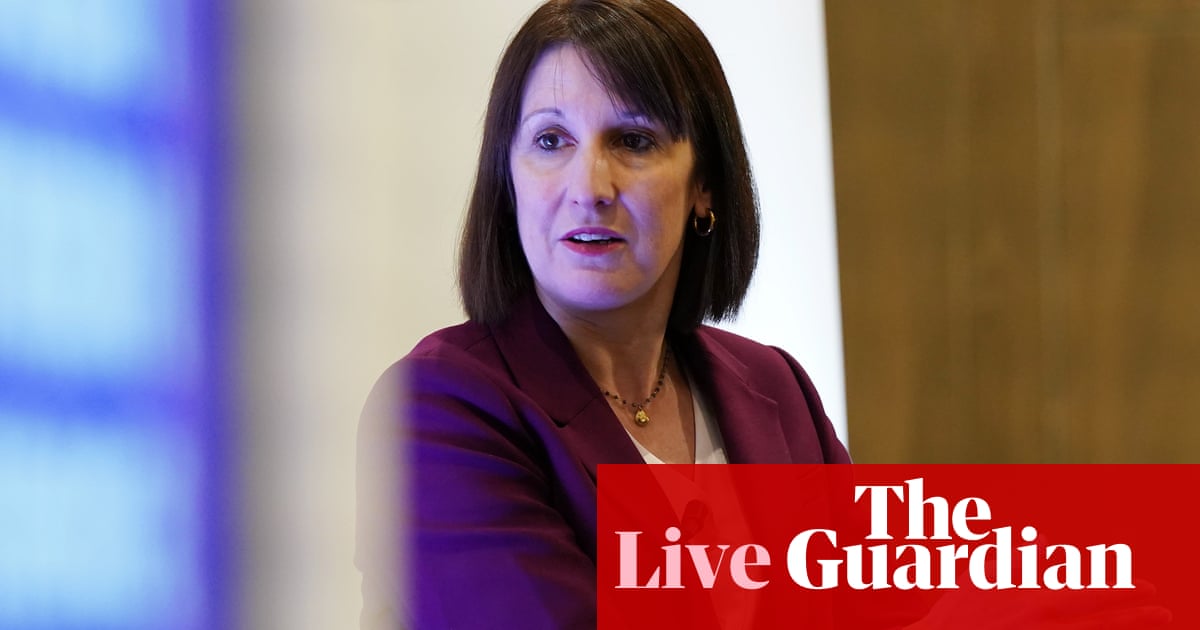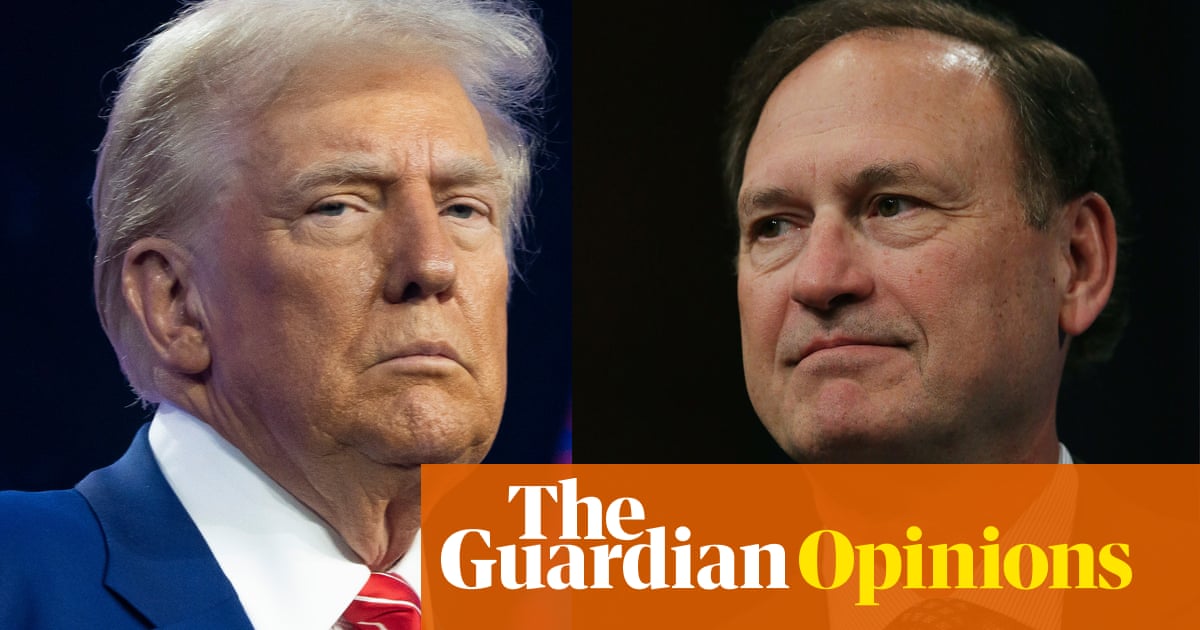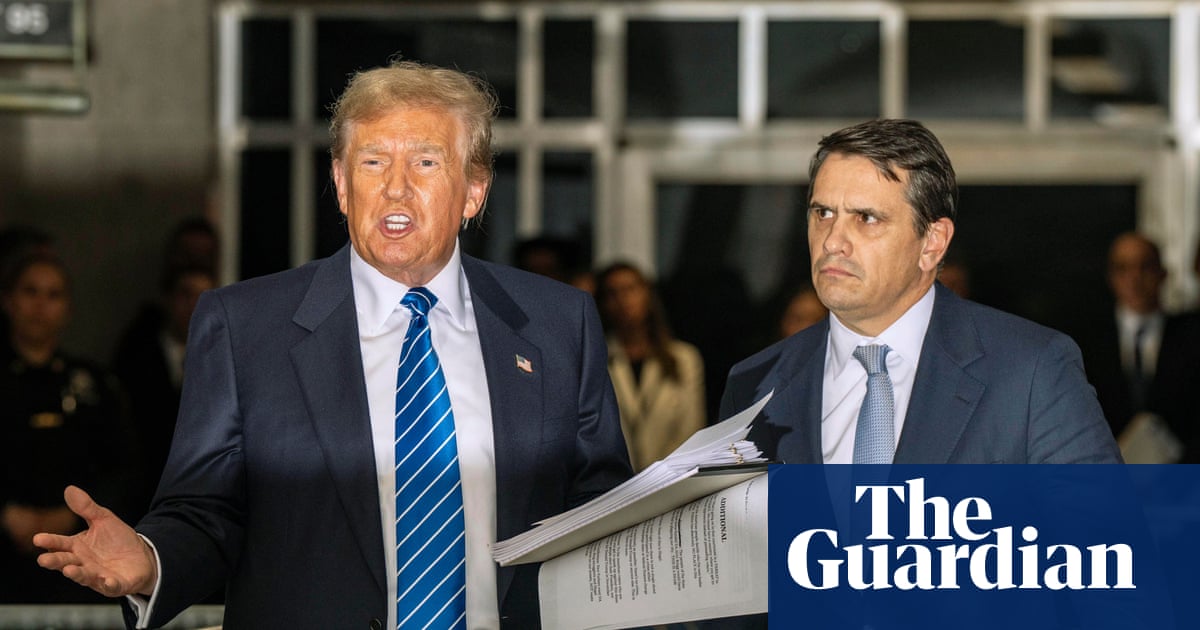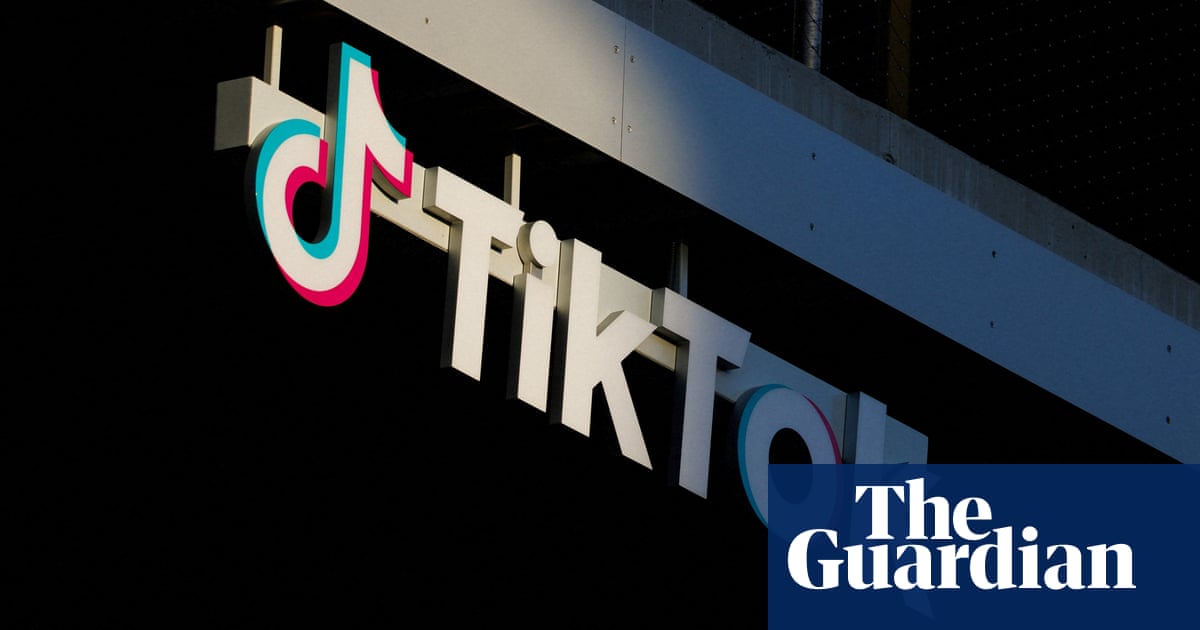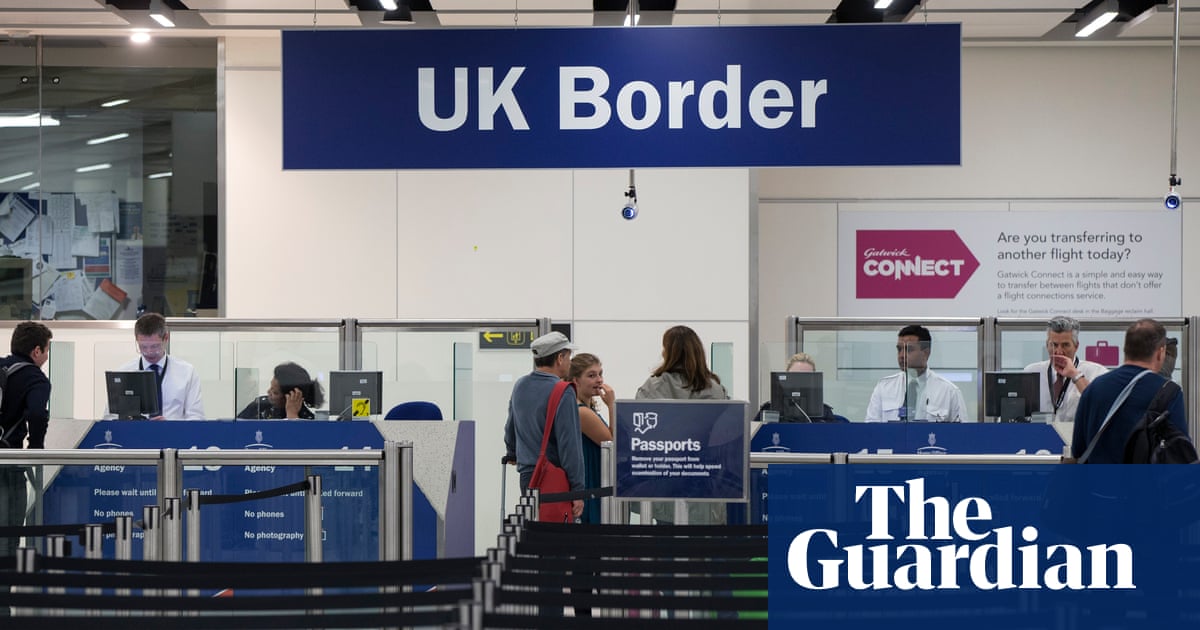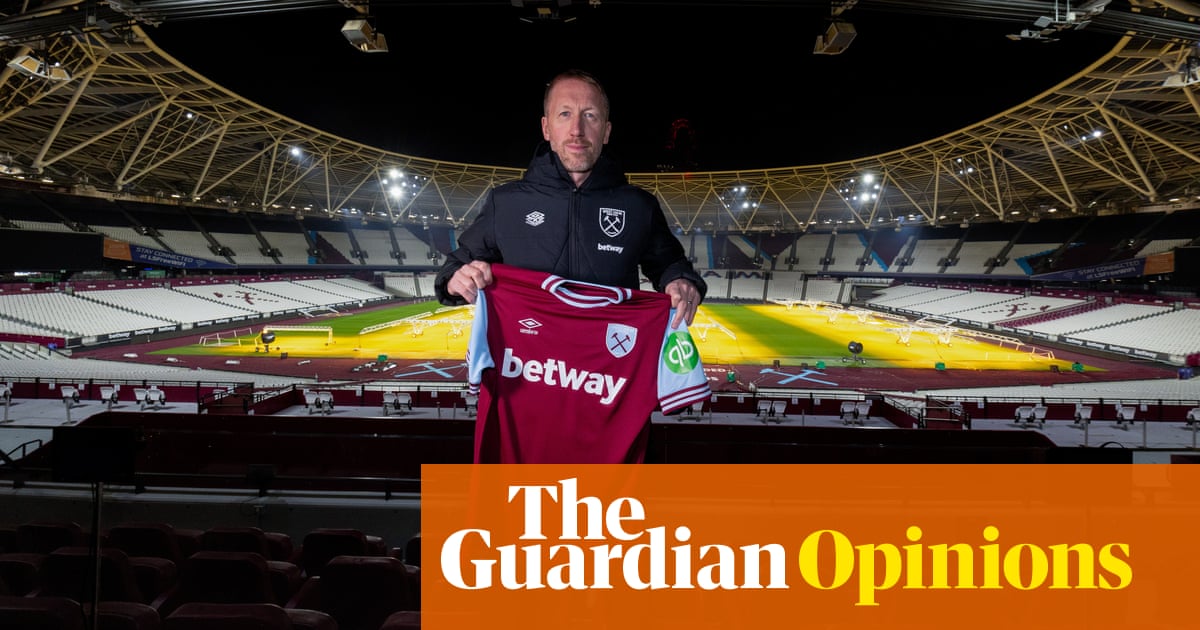Sometime around spring next year, HM Treasury should finally sell its last share in NatWest, or the Royal Bank of Scotland, as it was. The process will only have taken 17 years. If that feels like an age, it is a shorter timespan than seemed likely only 12 months ago.
At the end of the last year, the government’s stake – 84.9% after the two-stage nationalisation by the last Labour administration in 2008-09 – was still 38%. Now it is down to 11.4% after the latest “directed buy-back”, in which the bank bought shares from the Treasury for cancellation – in this case £1bn-worth.
NatWest probably has scope to fund another £1bn in the same way before next spring, but the bulk of the shares will be shifted by straightforward sales in the stock market. It is this steady drip-feed of shares via a “trading plan” that has quietly made the difference in the past 12 months. Under stable conditions (and when NatWest’s former chief executive isn’t resigning after a row over the closure of Nigel Farage’s bank accounts), a 1% stake can be sold about every two to three weeks without causing indigestion among investors.
There is, of course, no guarantee that markets will stay calm for another six months, but the bank-specific factors currently look fine. The lower the state’s stake goes, the more NatWest looks like a “normal” bank that is not vulnerable to political meddling. That gently supports demand when, as recently, bad debts are under control and the bank meets or exceeds its trading forecasts. The shares now trade well above book value, one measure of how investors regard medium-term prospects.
This is why the plan by the former Tory chancellor Jeremy Hunt to conduct a flashy £3bn sale of shares to the public was always an absurd waste of time and money. The exercise would have meant up to £450m slipping between the cracks at the Treasury, given the need to bribe punters with heavy discounts. By contrast, dribbling out shares achieves full market value on any given day. Hunt’s notion that a retail offer would have done wonders for wider share ownership in the UK was pure political spin; it would have a straightforward giveaway at the cost to the public purse.
As it was, about £24m was squandered on advisers and filming TV adverts before the general election intervened. Rachel Reeves rightly killed the retail offer, recognising that it did not represent value for money. Investment bankers also need to be paid to advise on trading plans, but not on the scale of Hunt’s gimmick.
An exit next spring will allow a final tally to be made of the net cost of the £46bn bailout of RBS. Short answer: it won’t be pretty given that the “in” price from 2008-09 of 502p has never been seen again and even the latest government sale, at a 10-year high, was at 381p.
after newsletter promotion
But the lost billions are almost the least of it. Along the way since 2009, we’ve also seen misconduct cases galore – interest-rate rigging, gouging of small business customers, anti-money laundering failures, and more – all of which slowed the stake-reduction efforts. But the end of nationalisation is in sight.

.png) 1 month ago
11
1 month ago
11
